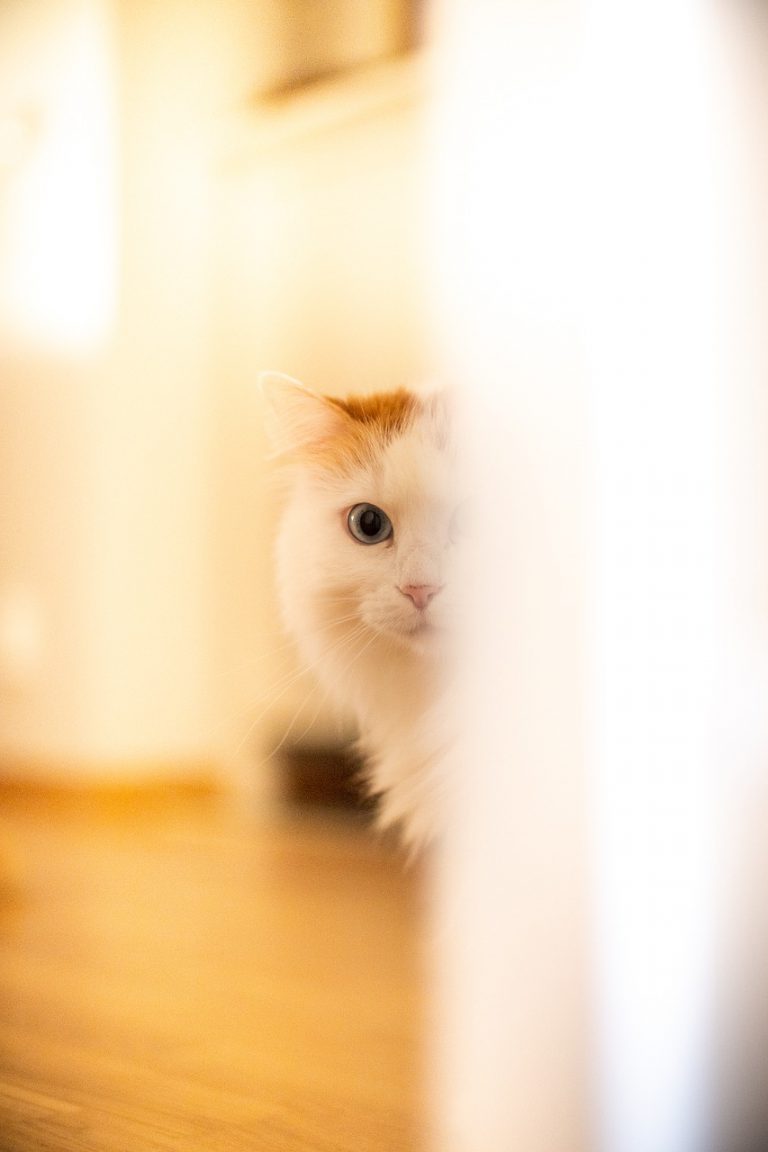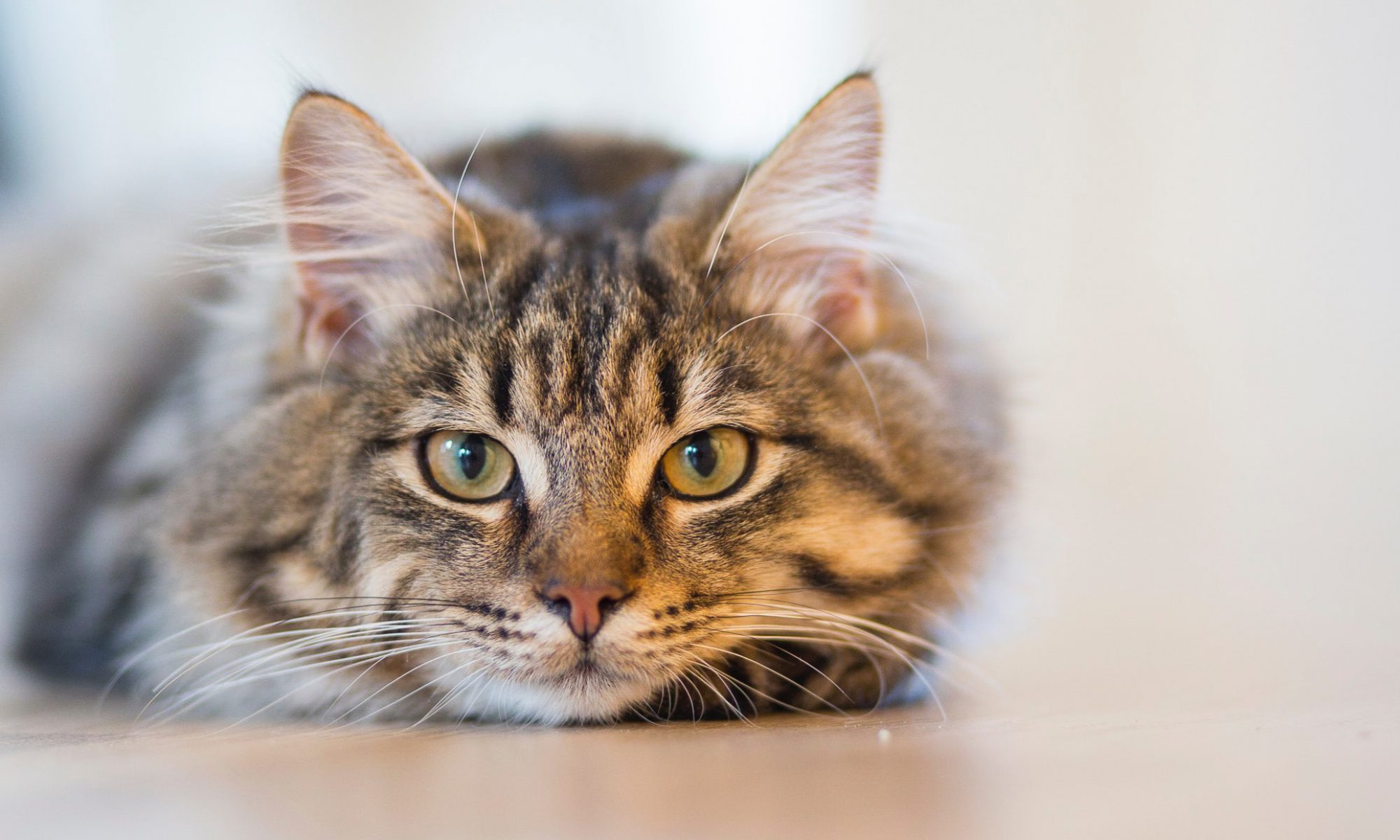Adoption Process
Worthing Cat Welfare Trust is always seeking secure, loving homes for the ever-increasing number of cats in our care.
Some have enjoyed loving homes in the past until their worlds were turned upside down. Others endured hard lives on the streets, as strays.
All cats and kittens offered for re-homing have been vet-checked, vaccinated, and microchipped, and (age permitting) neutered.
Adopters will need to ensure that younger kittens are neutered/spayed at the appropriate age, as a condition of adoption.
Adoption Application
To start the first steps in our adoption process, please download and complete this application form.
When completed please email it to us at: [email protected]
Catchment Area
We welcome adoption requests from the Worthing, Arun and Adur districts and surrounding areas.
As a small charity, with limited human and financial resources, we are finding it increasingly challenging to take applications from outside the area. All home-checks and follow-up visits, post adoption, are carried out by volunteers.
Rented Accommodation
If you live in a rental property, then a copy of the landlord’s permission to have pets must be sent with the Adoption Application. Please consider future options very carefully as, sadly, it can sometimes be difficult to find a new rented home that allows cats, even with the proposed changes to rental law.
Home Check
To help ensure that our cats are well-matched to prospective homes and owners, we carry out a home check after receiving the adoption application form.
Various factors influence the final decision, and we aim to work with our potential adopters wherever we can, using our lengthy experience in rehoming cats. However, there is no guarantee that applications will be approved, and the charity’s decision is final.
This is no reflection on the applicants but borne of a genuine desire to make sure that the adoption will be a success for all concerned. We consider issues such as traffic, outdoor access, the domestic set-up and both cats’ and people’s individual circumstances.
Choosing The Cat
If the Home Check is positive, then would-be adopters will be invited to meet suitable cats.
The Adoption Coordinator will discuss options with the adopter and pass on the catteries’ details for them to arrange a visit.
Due to the nature of our small, volunteer-run charity, we do not have one location where our cats are based so the adopters are directed accordingly.
Often, the cat that first caught the adopter’s eye might not be the most suitable or is no longer available. So, we work with adopters, to help direct them to the best match. Reservations are made only after a successful visit. Cats cannot be taken home on the day of the initial visit.
When the meeting occurs, the penholders, working with the adoptions co-ordinator, will discuss whether it is a good match, or whether another cat may be a better option.
Kittens
People very understandably love kittens – and so do we – but it’s important to secure a good match. Please note that kittens are:
- Wherever possible, and for their welfare, rehomed in pairs. If we do have single kittens, preference is given to homes with a younger, resident cat.
- Already partnered and we don’t break bonded pairs. The adopters may choose which pair, but not single kittens to form a bonded pair. Kittens’ welfare is paramount.
- Not suitable as indoor cats.
- Only rehomed into homes with other cats, if the residents are six years old or younger.
- All kittens MUST be neutered/spayed at the appropriate age, as advised by a vet, and not used for breeding. This is a condition of adoption. We will discuss this during the home visit.
- In terms of adoption of kittens, we suggest a donation of £80 for 1 kitten and £150 for 2 kittens. Adopters can, of course, generously donate more.
Golden Oldies
We have many older cats come into our care, in urgent need of loving and secure homes and a second chance of happiness.
To help them achieve this, our generous Golden Oldies’ scheme provides veterinary support for cats, who are 12 years old or over on their adoption date.
It provides financial support towards veterinary fees (either partial or up to the full amount) relating to any age-related conditions, as the years go by.
The scheme does not cover standard healthcare costs, such as worming, flea treatment, claw clipping, grooming and vaccinations; nor does it cover physical injuries, whether related to road traffic or domestic accidents, as these generally do not relate to age.
Medical Conditions
For cats under 12 years of age at the time of the adoption, with previous medical conditions, similar support to the Golden Oldies’ scheme is provided. This may be more comprehensive; depending on each situation, welfare and health needs. All cases are considered on individual merits.
Indoor Cats
Most cats enjoy access to the outdoors for their physical and mental wellbeing.
We only consider indoor cat requests if they lived indoors previously or have medical conditions that justify them being kept indoors. Leash walking is not sufficient for cats requiring outdoor access.
Indoor cats don’t come in very often, so we run a waiting list. Contact is made when suitable cats are available.
Fostering may also be a good option for cat-lovers looking for indoor pets, shorter term. This can be very rewarding. For more information, please email [email protected].
Special Requirements
All cats on the website are marked according to their personal needs. Please note that:
- Some cats need to be the only pet in the home, following careful assessment. This is essential to avoid conflict for existing pets and the newly-adopted cat.
- Some cats can go into homes with other pets, subject to the right introductions; and that will be explicit on the website profile.
- Some cats are bonded pairs and need to stay together. We don’t split them up.
- Some cats, especially certain breeds, may have specific owner and household requirements. Again, this is for the benefit of both cats and the new owners. Requirements may include making the garden cat proof or installing a catio; these cats may also have specific nutritional needs and cost needs to be a factor. Adopters experienced with the particular breed may also be required.
Taking The Cat Home
Before visiting catteries and choosing the new pet, it’s very important that adopters read our adoption guidelines carefully, and prepare the home for the arrival of the cat beforehand.
This includes making the home escape-proof and ensuring any existing cat flap is locked/blocked and not accessible. Ideally it will be taped off, with something like cardboard.
After taking the cat home, the adopter will get a phone call from us after approximately seven days just to check how things are going.
Adoption Agreement
If all is going well and the cat is settling well, we will then arrange the final visit for three to four weeks later.
During this final visit, the Adoption Agreement is finalised and signed. We will then change the microchip details to those of the adopter.
At that point we also set up a free five-week pet insurance scheme. We recommend insurance cover is then continued.
In terms of adoption donations, we ask adopters to donate as much as they can afford, as the average cat coming through our hands costs us at least £300, even if there are no specific medical issues.
If you have any other questions, or difficulty completing the form, please feel free to contact me.
We look forward to hearing from you.
Adoptions Coordinator – 07376 644085/[email protected]

